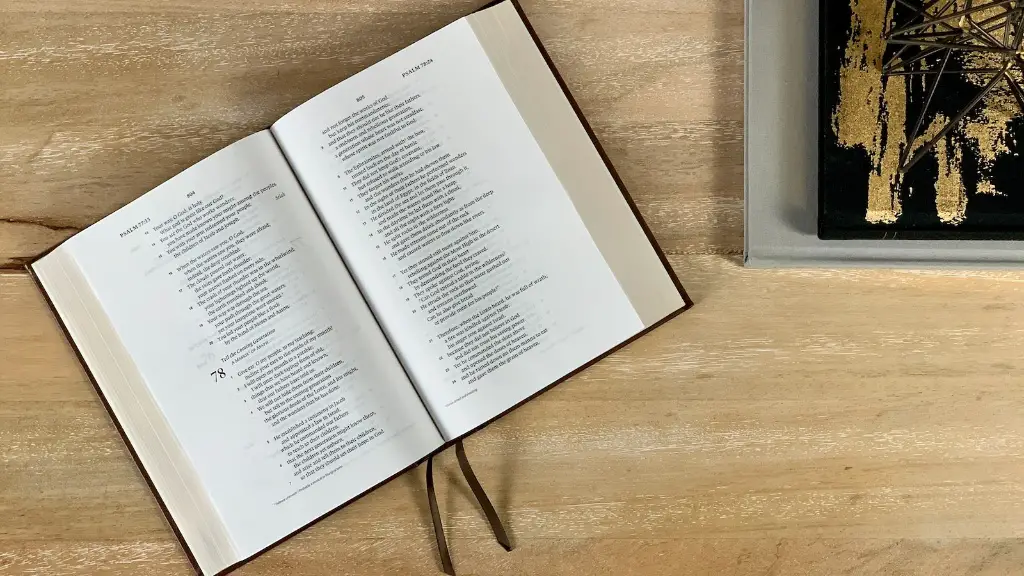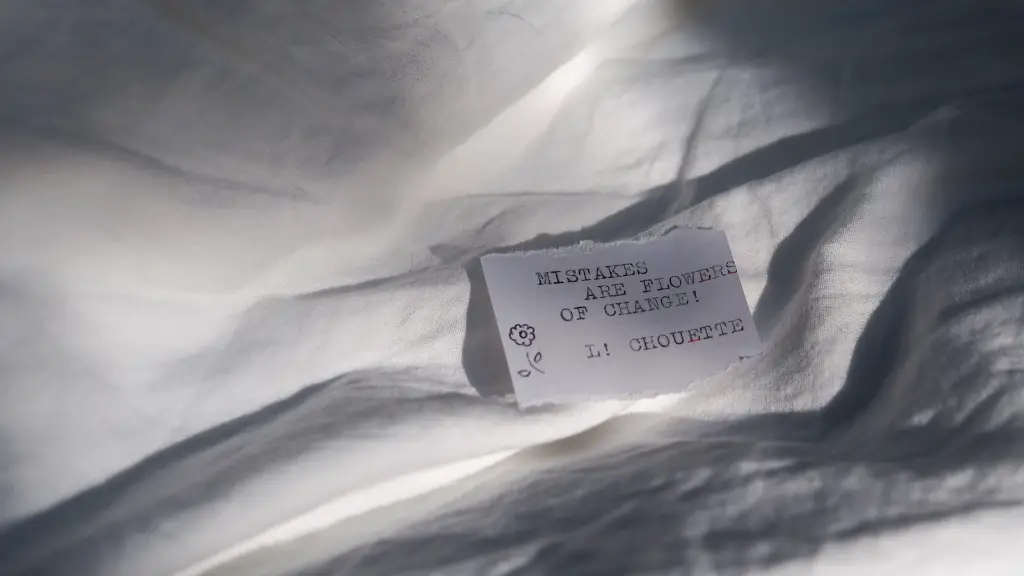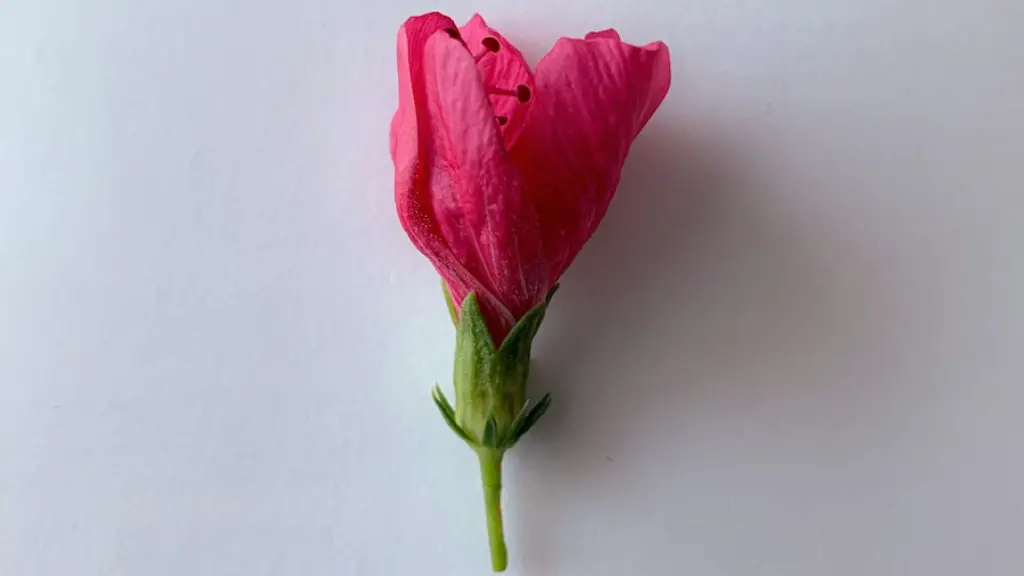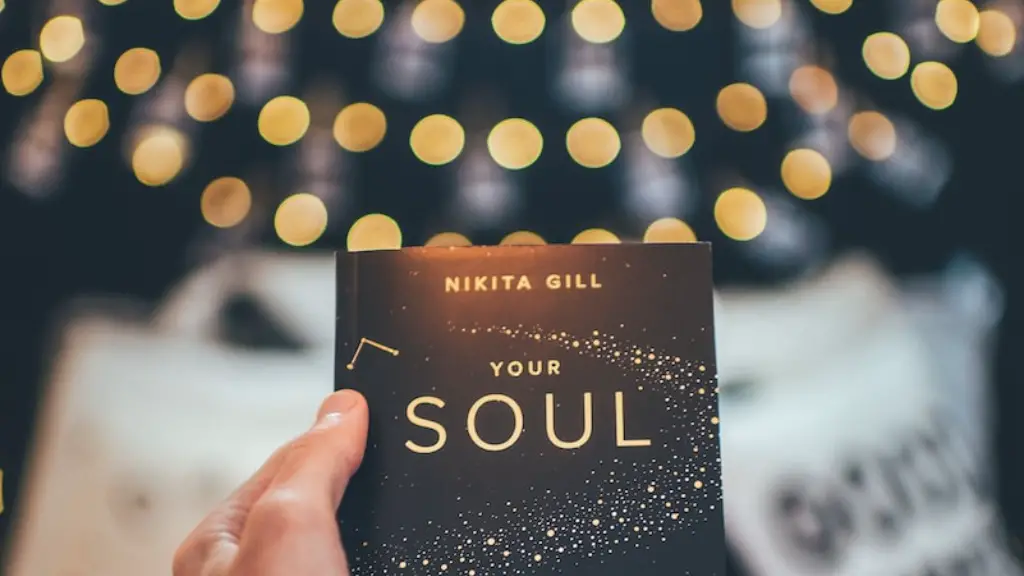Origins of Slam Poetry
Slam poetry is a form of competitive performance poetry that first became popular in the late 1980s. It is typically presented to an audience in a public performance venue, such as a coffeehouse, bar, or even a theatre. In this kind of poetry, performances can range from highly structured to completely improvisational. Most commonly, when a poet slams, they speak from the heart and craft their poems from autobiographical experiences. The audience acts as judges and evaluates the poem on a scale that varies from venue to venue.
The aim of a slam poem is to deliver a powerful performance and evoke emotion from the audience. It is often a combination of comedy and story telling, promoting education and activism. It is often used as a means to unite a community and to promote social change, self-reflection, and respect for diversity. Slam poetry is a highly practical form of self-expression, allowing people to feel seen and related to while they share their experience.
History of Slam Poetry
Slam poetry has its origins in African American spoken word poetry such as that by Amiri Baraka and Maya Angelou. This form of poetry began to be performed in a competitive format in the late 1980s in a dive bar in Chicago. The event was organised by Mark Smith and was the first official ‘slam’. It was based on the principles of hip hop competitions, giving poets a platform to express themselves. This soon became a nationwide performance poet phenomenon and eventually spread to different countries around the world. The movement was so successful that it inspired the creation of the National Poetry Slam in 1996.
Boundless enthusiasm and commitment quickly established slam poetry as an important part of American literary culture. The movement has continued to grow in enormity and popularity. Spoken word is now a regular feature of universities, schools, clubs and other events. There are even well-funded international competitive poetry leagues, festivals, and tours that influence the larger slam poetry scene.
Competitions and Leagues
Typically, a slam poetry competition consists of four to five rounds. The poets are judged by a panel of randomly selected members of the audience, and awarded a score from one to ten. After three or four rounds, the poet with the highest score is declared the winner. Additionally, some leagues or organisations may also organise slams around special topics or themes.
Joining and competing in leagues, competition and slams have become increasingly popular among poets looking to hone and showcase their skills, explore their poet voice and support the spoken word scene in general. There are a large number of organisations, such as the National Poetry Slam and Poetry Slam Inc, who host regular slam events and competitions.
Benefits of Slam Poetry
Slam poetry offers a number of incredible benefits and opportunities to poets, including a platform to express their views and perspectives without fear of censorship. It also provides them with a source of validation and appreciation, as well as an opportunity to gain greater respect from their peers and audience. It is also an effective way to communicate difficult topics and highlight injustice. Slam poetry can be used as a tool for education, activism, and self-care.
Slam poetry is an incredibly powerful form of expression and is greatly beneficial to emerging poets (and even experienced poets) to present their voice. It is a form of empowerment, compassion, and self-expression. It has the potential to inspire, enlighten and open up conversation about difficult topics, create awareness and drive social change.
Media Coverage of Slam Poetry
Slam poetry has received a great deal of media coverage in recent years. It has been featured in television programmes such as Def Poetry Jam, and in films such as Slamnation. It has also become a popular event in various other events and platforms, such as TED Talks and YouTube.
Media coverage has been very influential in popularizing and promoting this art form. It has created an even bigger platform for poets to create, engage and educate audiences, and it has even helped to break down language and cultural barriers.
Slam Poetry in the Digital Age
Since the introduction of technology, slam poetry has continued to evolve. It has become less about the competitive aspect and more about the digital platforms available for poets to share their art form online. This includes websites like Instagram and YouTube, which allow anyone to easily upload, share and watch slam poetry videos. This has enabled poets to reach a much larger audience and has drastically increased the popularity of slam poetry.
More recently, online slams and poetry battles have also gained popularity, with poets from all over the world competing. These battles generally take place over social media, with poets usually 24 hours to respond to the challenge. Although it has not taken the place of traditional slam poetry competitions, it has become an interesting alternative.
Impact of Slam Poetry on Society
Since its emergence, slam poetry has been a powerful tool for social transformation. It has allowed poets to address diverse topics, including racism, mental health, gender identity, and many more, without fear of censorship. It has allowed people to have honest, open and serious conversations about difficult issues, ultimately helping to break down cultural barriers and create a more inclusive society.
Moreover, slam poetry has also been used to promote mental wellbeing, movement building, healing, and community building. It is a form of self-expression that uses personal stories and artistic expression to help people understand and heal the pain, struggle and complexity of life.
Conclusion
Slam poetry is a powerful and expressive art form that has been used to promote social and cultural change, self-expression and empowerment. It has its origins in African American spoken word and hip hop, and has grown to become a worldwide phenomenon. Slam poetry has been popularised by media coverage and digital platforms, and has become a way for poets to reach wider audiences and engage in meaningful conversations about difficult topics.



